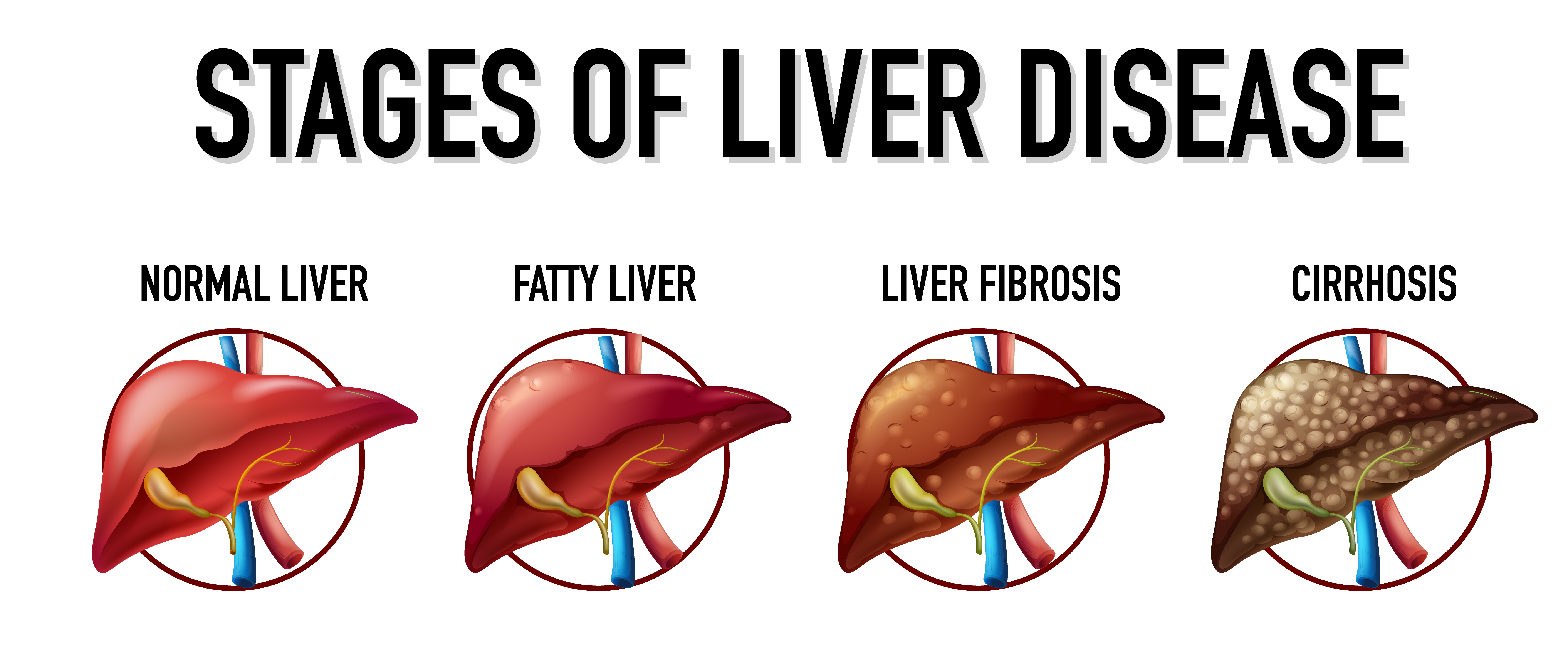


What is Cirrhosis & Why It Happens
| 🩺 Complication | ❓ What It Is | 💡 Why It Happens | 💊 Usual Management |
|---|---|---|---|
| 💧 Ascites | Fluid in the belly | Increased pressure & low protein | Low salt diet, diuretics, fluid removal |
| 🦠 SBP | Infection of ascitic fluid | Low immunity | Antibiotics, hospitalization |
| 🧠 Hepatic Encephalopathy (HE) | Confusion, altered sleep | Toxin buildup (like ammonia) | Lactulose, rifaximin, protein adjustment |
| 🩻 HRS/AKI | Kidney failure | Blood flow changes | Hospital care, special fluids, medications |
| 🩸 Variceal Bleed | Vomiting blood or black stools | Swollen veins in food pipe | Endoscopy banding, medications like carvedilol |
| 🎯 HCC (Liver Cancer) | Liver tumor | Long-standing liver damage | Scans every 6 months, treatment as needed |
| 🛡 Other Infections | UTI, pneumonia, cellulitis | Weakened immunity | Antibiotics, close monitoring |
sanghamitragastroenterology@gmail.com
KGH: Pentakota Complex, Maharanipeta
MVP: MIG-55, Sector 5, MVP Colony